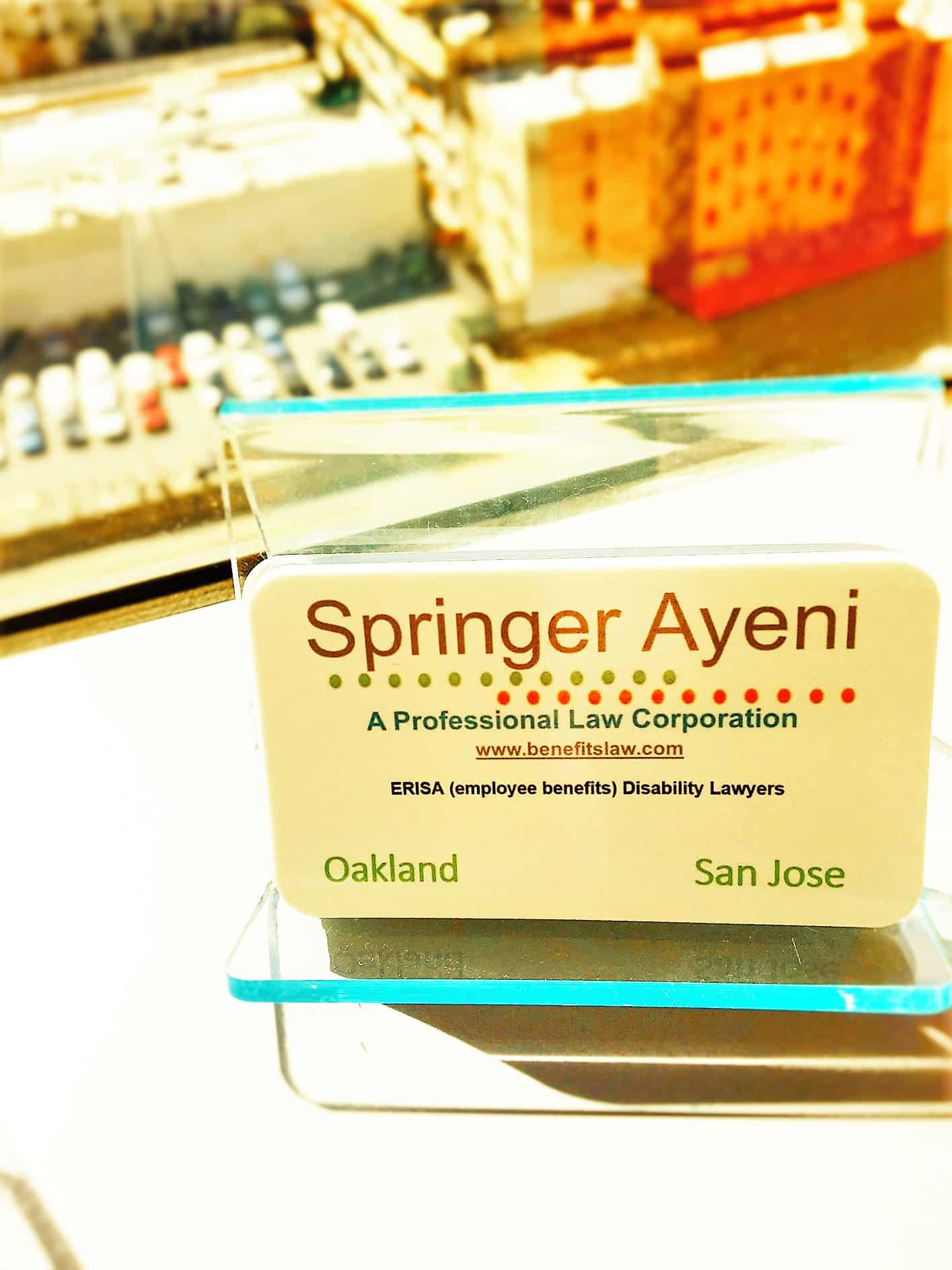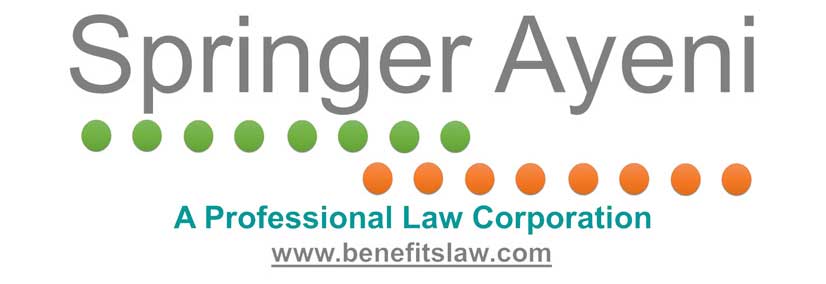Home » Uncategorized » Ten Questions to Ask Your Disability Attorney Before Signing a Retainer Agreement
Ten Questions to Ask Your Disability Attorney Before Signing a Retainer Agreement

Let’s face it: it’s daunting to hire an attorney. There are thousands of lawyer jokes for a good reason. But sometimes in life you need a good advocate in a legal proceeding, or just someone to give advice before the going gets rough. Hiring an attorney requires careful consideration of not just the finances of the relationship, but also a determination of whether she will be a good fit for one of the most significant professional relationships you will likely have. These questions will help you avoid making mistakes when choosing an attorney who suits your style.
Q1. Can you give me a cost estimate?
Attorneys will not be offended by this question. We know it’s pricey to hire a lawyer and you need to plan for it. A good attorney will offer a variety of options to work with your budget and risk tolerance. If an attorney offers to work on a “contingency fee,” that means she will work unpaid until securing money on your behalf, and then her fee will be a percentage of that award. Typical attorney contingency fees range from 33-40%. If an attorney offers an hourly rate, be sure to ask if other attorneys in the office can do some of the work at a lower rate, and if administrative tasks can be handled by paralegals or legal secretaries, as this might be a way to reduce the monthly bill. Also ask if the attorney bills in .1 hour or .25 hour increments and if she bills for small emails or voicemail exchanges. Some attorneys may offer a “flat fee,” or you could suggest that option yourself. Many clients like the certainty of a financial cap: but beware the unethical attorney who would accept that amount of money then work as little as possible. You need to trust the attorney you hire before agreeing to any of these arrangements, but especially the flat fee. If you get a “shark vibe,” look in another direction. Also, if you have a creative idea, feel free to propose it! At the very least, it will give you an idea of how open-minded your future attorney might be.
Q2. Can you tell me how you would approach my case?
Most attorneys tread very carefully about giving legal advice without a retainer agreement in place, as they do not want to create an attorney-client relationship where there really is not one. A good attorney will listen to your problems, describe how she might handle your case, and may give some general information or direct you to a resource, but steer clear of an attorney who is over-eager to breach ethical constraints by doling out free advice just to nab you as a client.
Q3. How do you handle these types of cases?
An experienced attorney should have an easy answer to this question. For example, as an ERISA attorney, I am clear about what needs to happen to maximize the chance of a successful outcome when, for example, appealing a denied disability benefit claim. If it was my first rodeo, I wouldn’t have a firm plan of action. Look for a thorough and confident answer to this question.
Q4. Have you ever handled a case with facts similar to mine?
In my area of the law, I interact with people who have myriad ailments causing their disabilities. My clients feel comfortable off the bat if they know I am at least familiar with their medical conditions, and you probably will too.
Q5. How accessible are you?
Some attorneys specialize in reeling in clients and then disappearing. Make sure your attorney will be involved in your case from start to finish, even if she doles out assignments to others in her law firm. Just like most professions, attorney skills and personalities vary widely, so make sure that you are getting what you’ve paid for. Which leads me to…Question 6:
Q6. What are your past results in cases at the same stage as mine?
No attorney could possibly guarantee an outcome in your case – there are too many variables. But an attorney should definitely be able to describe similar cases she has handled and what the outcome has been.
Q7. Will attorneys or paralegals do most of the work in my case?
A law firm that has a paralegal doing attorney work (writing substantive letters, making strategy decisions on cases, etc.), is very different from a law firm where the attorneys do all of the attorney work. Be sure you know who will be working on your case and their credentials.
Q8. What are you most proud of in your career? In your personal life?
Get a sense for the attorney’s values by asking her to describe a case that has meant something to her. You’ll understand a lot about her style and substance by hearing her describe a proud moment. If she’s willing to discuss a proud personal moment, that could be a great opportunity for you to see who she really is. I figure that clients have to entrust a lot of sensitive information to me about their lives, so I definitely don’t mind sharing now and again about my own if asked. It’s the least I can do to bond with my client on a human level.
Q9. At what stage do you get a positive outcome for most of your clients?
Some attorneys like to get to court as quickly as possible. Some attorneys like to try to secure a victory at an earlier stage for their clients. If you are a “rush to court” person, you should find an attorney with a similar mindset. If you prefer an attorney who tries to get a positive outcome sooner, even without having to file a lawsuit, you should hire an attorney who shares a similar point of view.
Q10. How involved do I have to be?
My style is to include the client if she wants, but my preference is to just let her sit back, relax, and let me handle the nitty gritty details of her case without stressing her. Some attorneys may want more client involvement, particularly if they can get a client to do some of the legwork. Figure out how much involvement is comfortable for you, and make sure your potential attorney is a good match for your comfort-level.
Above all, make sure that you like your potential attorney. You will talk with her for hours, email frequently, and she will know more about you than many others in your life might. If you like her, feel like she understands you as a human being, and that she will work tirelessly for you, then it’s a match. And, of course, if you want to talk to me about a disability benefit application, appeal, or lawsuit, feel free to call and ask me any of these questions!



